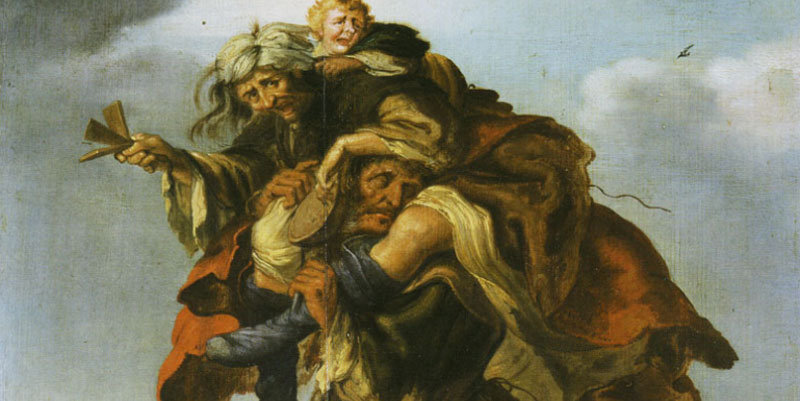
It’s amazing how a small shift in perspective can flip the poverty narrative completely around.
Policy decisions can obviously increase or decrease the amount of poverty in a society. Socialism, for example, is absolutely devastating and has repeatedly proven to result in misery and starvation. That said, the following pair of tweets from Atlantic writer Clint Smith gets reality precisely backwards, and in a way that is important for everybody to understand:
Many people continue to understand poverty as a failure of individual people rather than a failure of a society to care for those with the least resources. People are not poor because they deserve to be. No one deserves poverty. Those experiencing it deserve empathy, not vitriol.
Poverty is a policy choice. It is the result of a history of policy decisions made over the course of centuries that have extracted resources from some communities and placed them in others. We know how upward mobility has been facilitated for some, and has been kept from others.
A relatively minor critique would be that Smith should be a little more circumspect in his language. Poverty can be a failure of individual people, but it does not have to be. Sure, you can always find some “ism” or system to blame no matter how gratuitously a person refuses to do things that would keep him or her out of poverty, but at some point, for some people, it’s reasonable to assign individual blame.
But the big inversion is Smith’s entire implied theory. He imagines, it seems, an idyllic past in which poverty did not exist that has since been corrupted by selfishness and greed. Unless he means that families struggling to survive each day did not perceive themselves as poor because it appeared to be the natural state of humanity, Smith’s vision is an ahistorical fantasy.
Economics is not a zero-sum game.
You alone in the world will struggle to survive. A few of us working together and diversifying our activity will grow our little economy and generate freedom and security, increasing in proportion to the number of us who can manage to cooperate. Insisting on communal property has been tried, and human nature ensures that some participants will always take advantage of it, leading others to devalue the cooperation and reduce their own labor.
Similarly, when independent communities (e.g., tribes) begin to interact, human nature ensures that some will find it easier to “diversify” into the role of taking by force what others have produced by labor. People who think like Clint Smith may believe they’re defending the peaceful villagers, but they’re actually becoming the interlopers. They aren’t (usually) raiding neighboring communities with violence, but they are weaponizing false narratives on the political battlefield in order to pillage, and their behavior will have the same result as the free-riders in a closed community.
Poverty, as we think of it now, is the natural state of humanity, which society can alleviate — and nearly eliminate — in direct proportion to its degree of cooperation. Founding activism on an economic theory of oppressors and victims, with the former “extracting resources” from the latter, is poison to cooperation. It is, therefore, a policy choice to generate more poverty.
Featured image by Adriaen van de Venne on PubHist.

